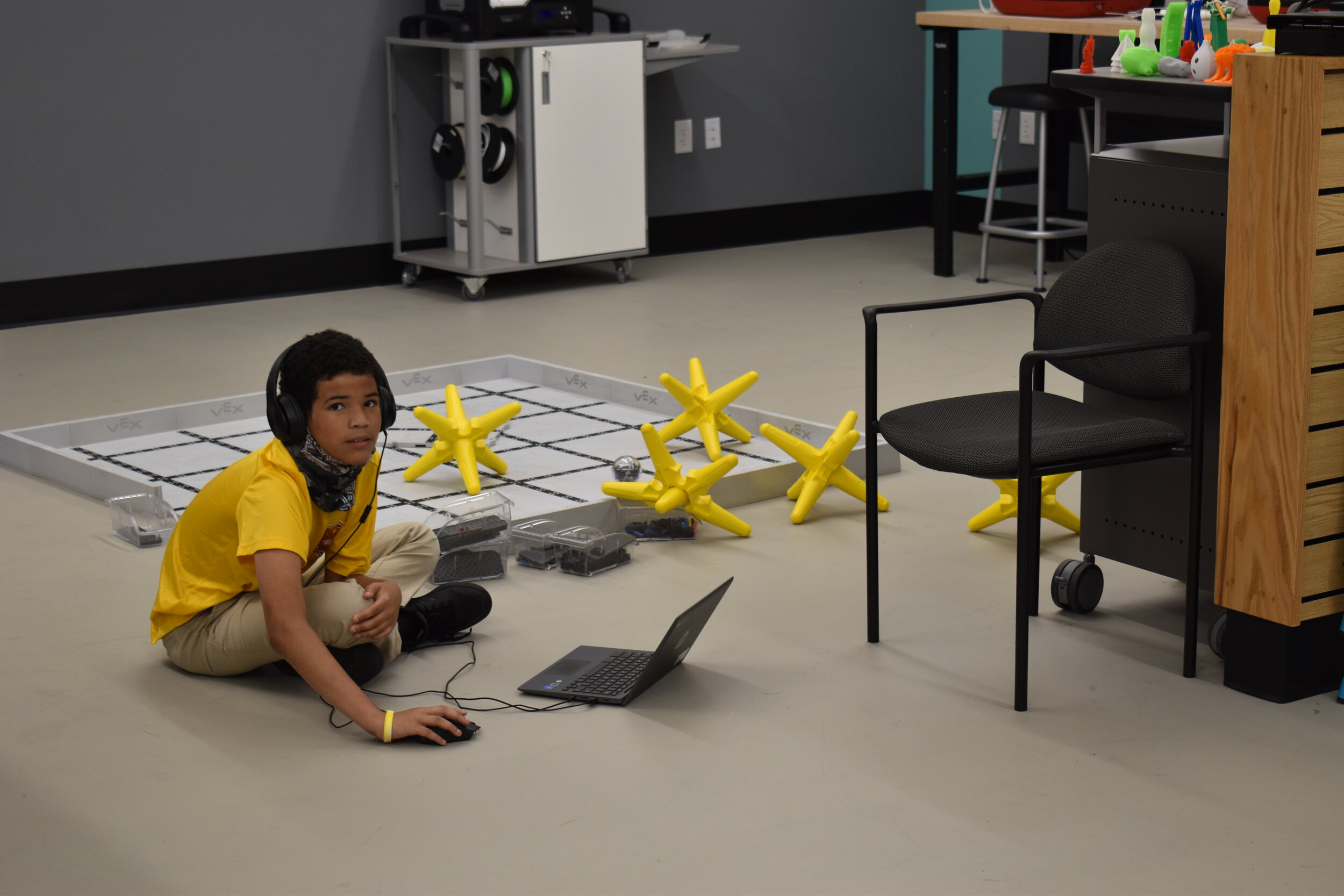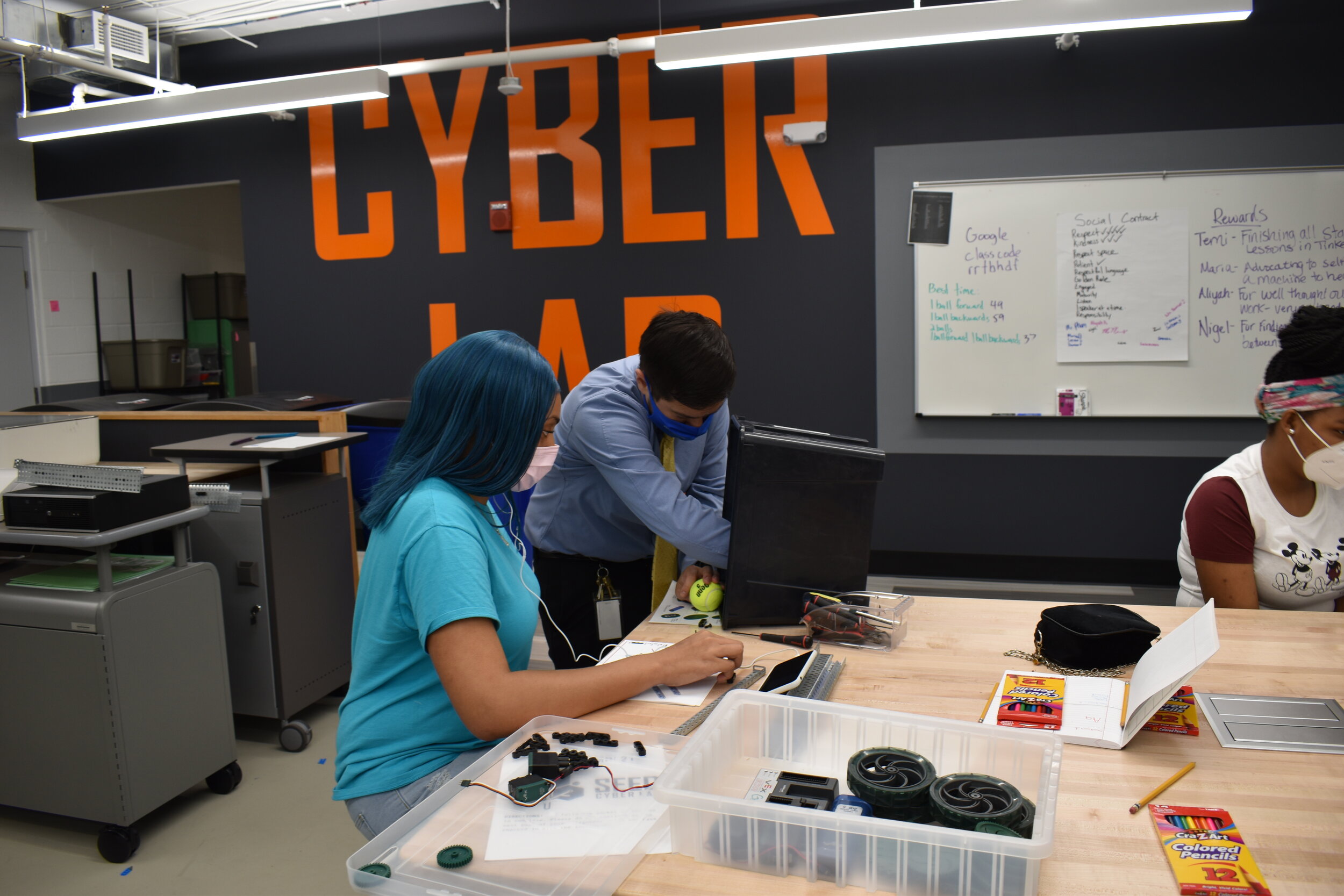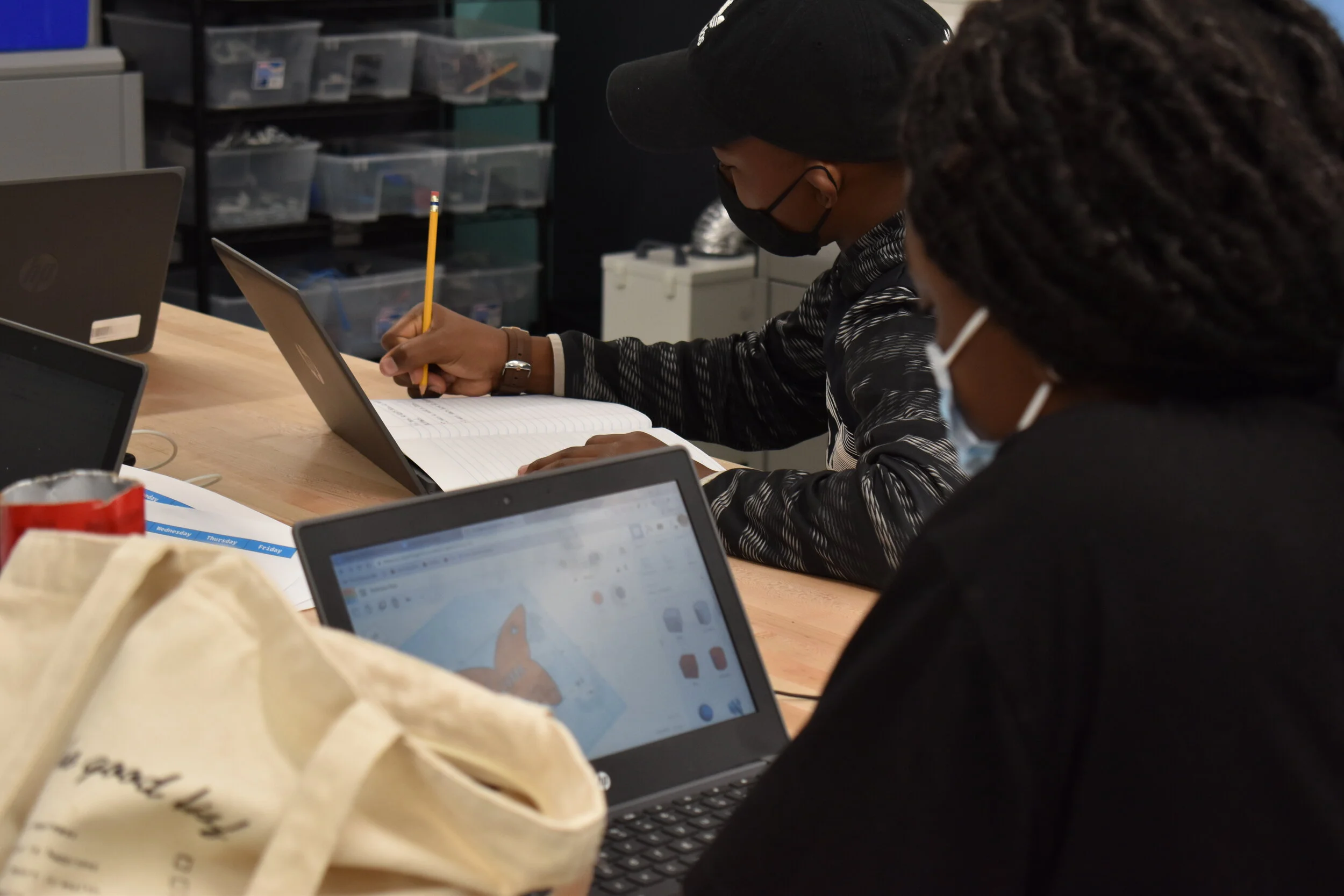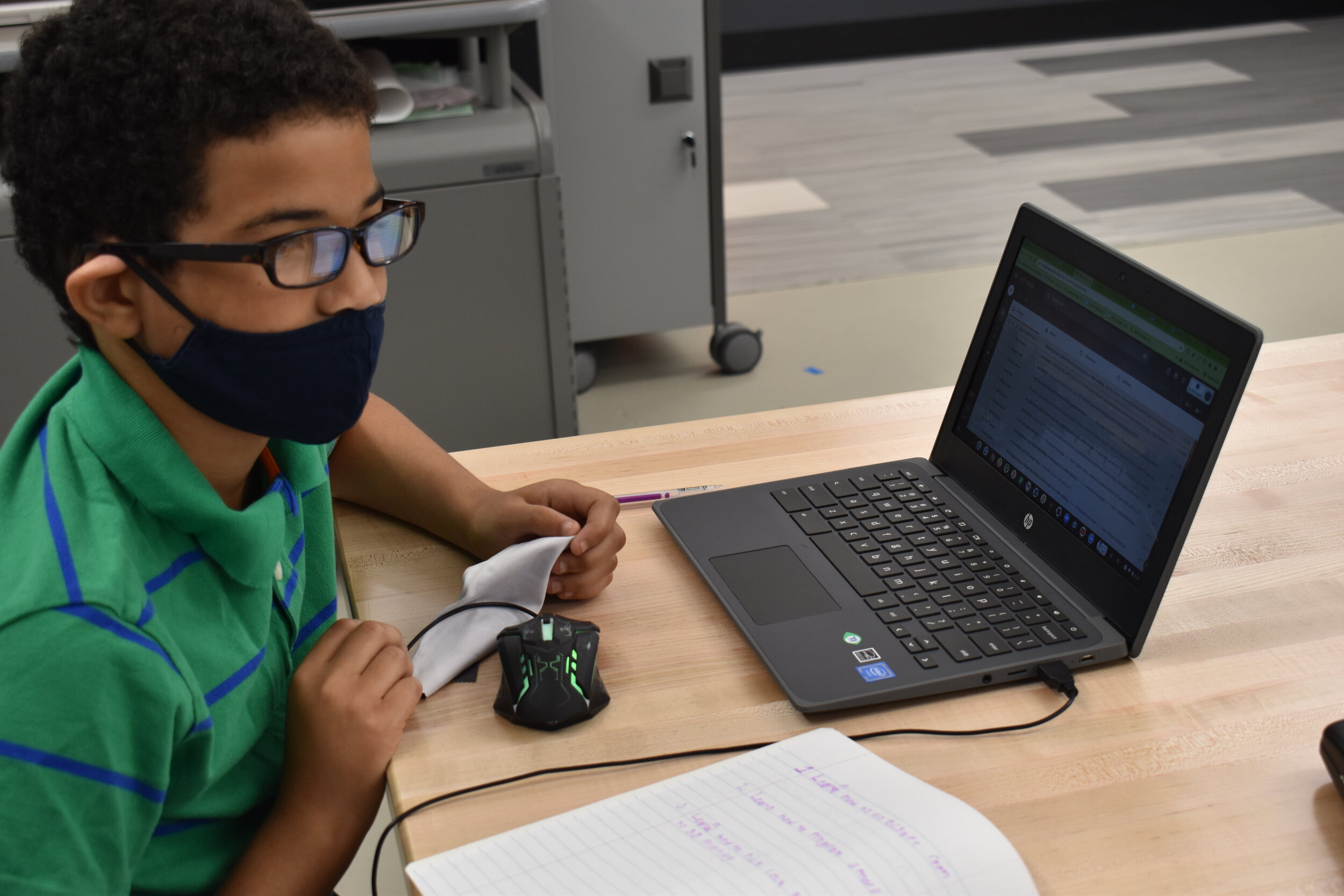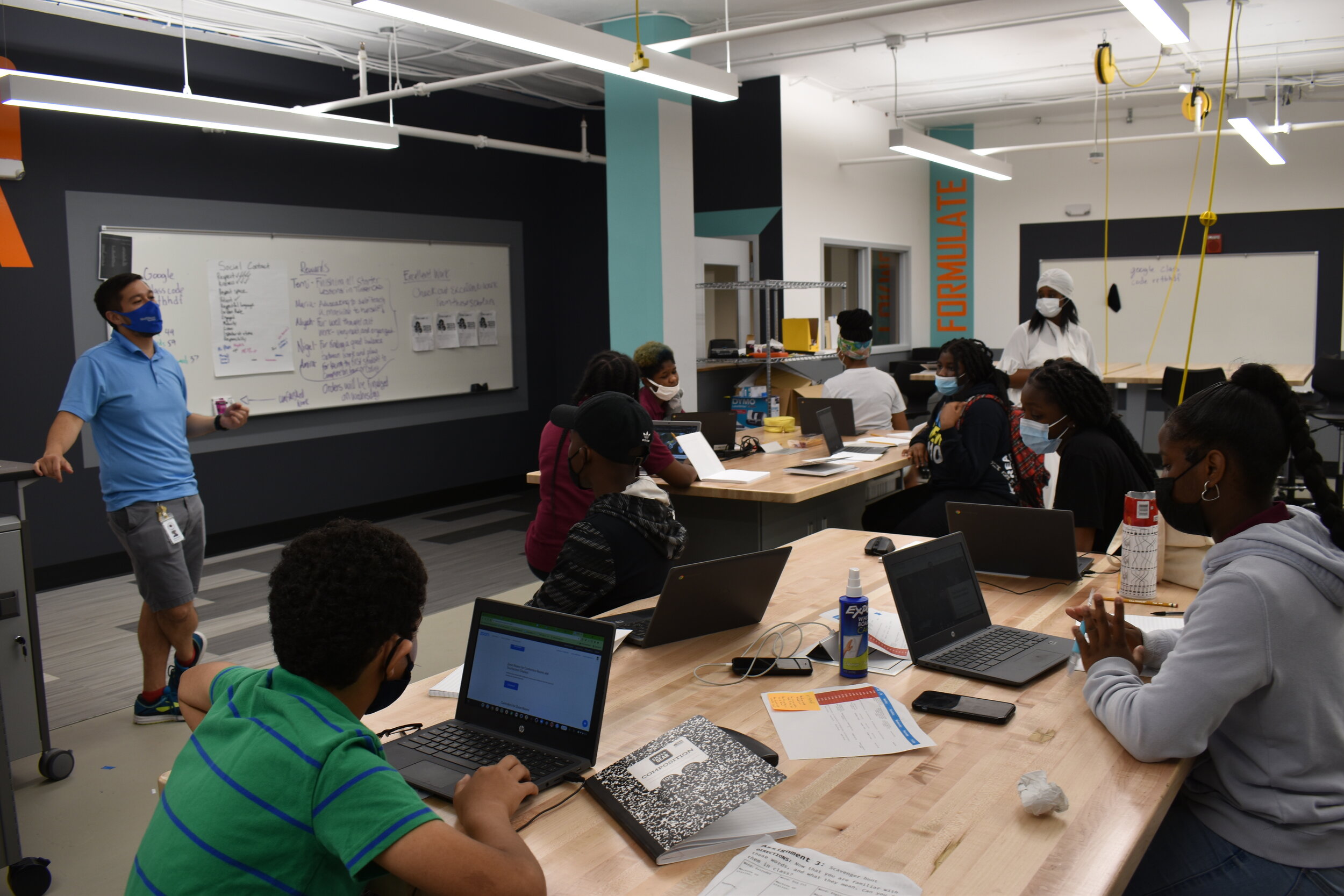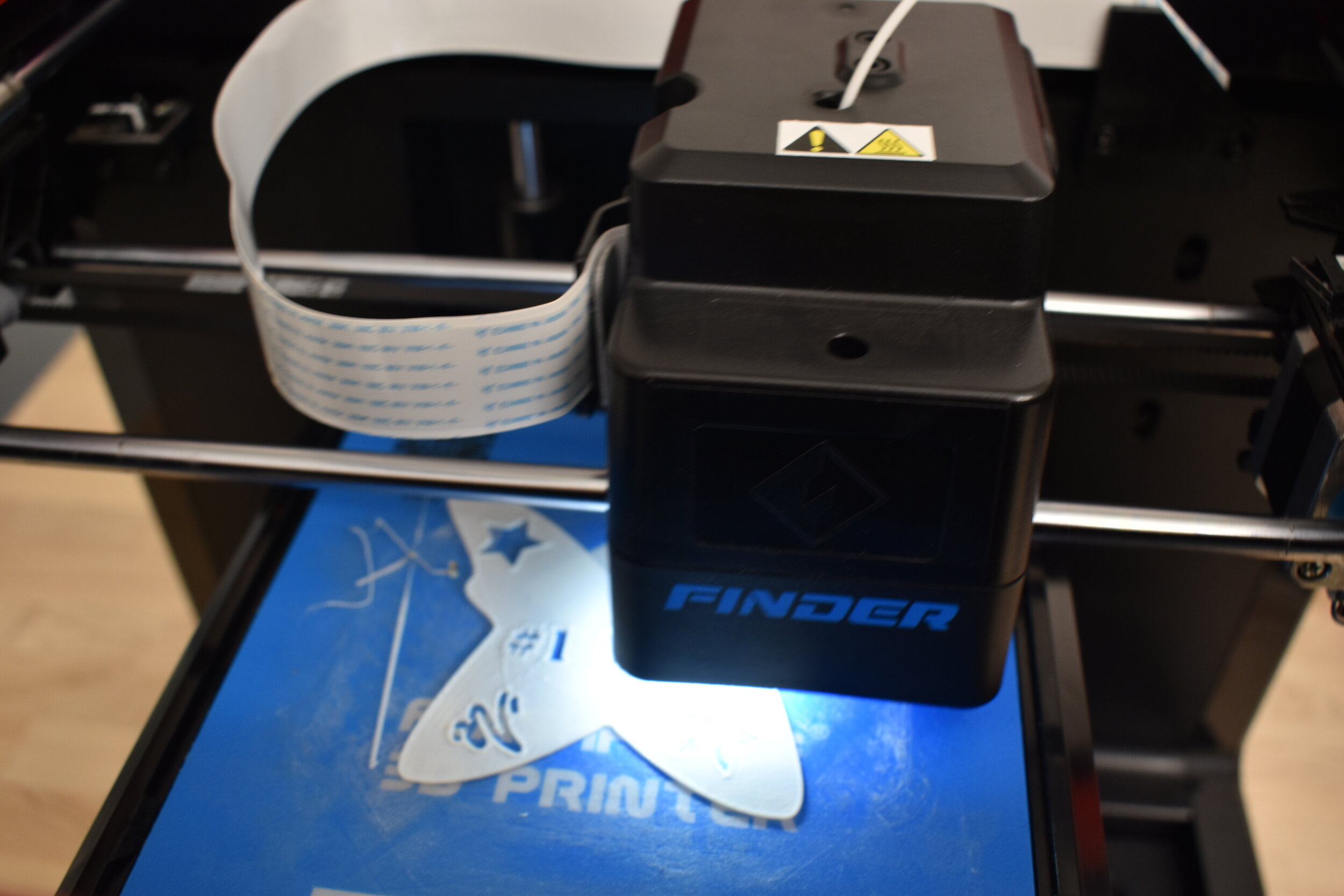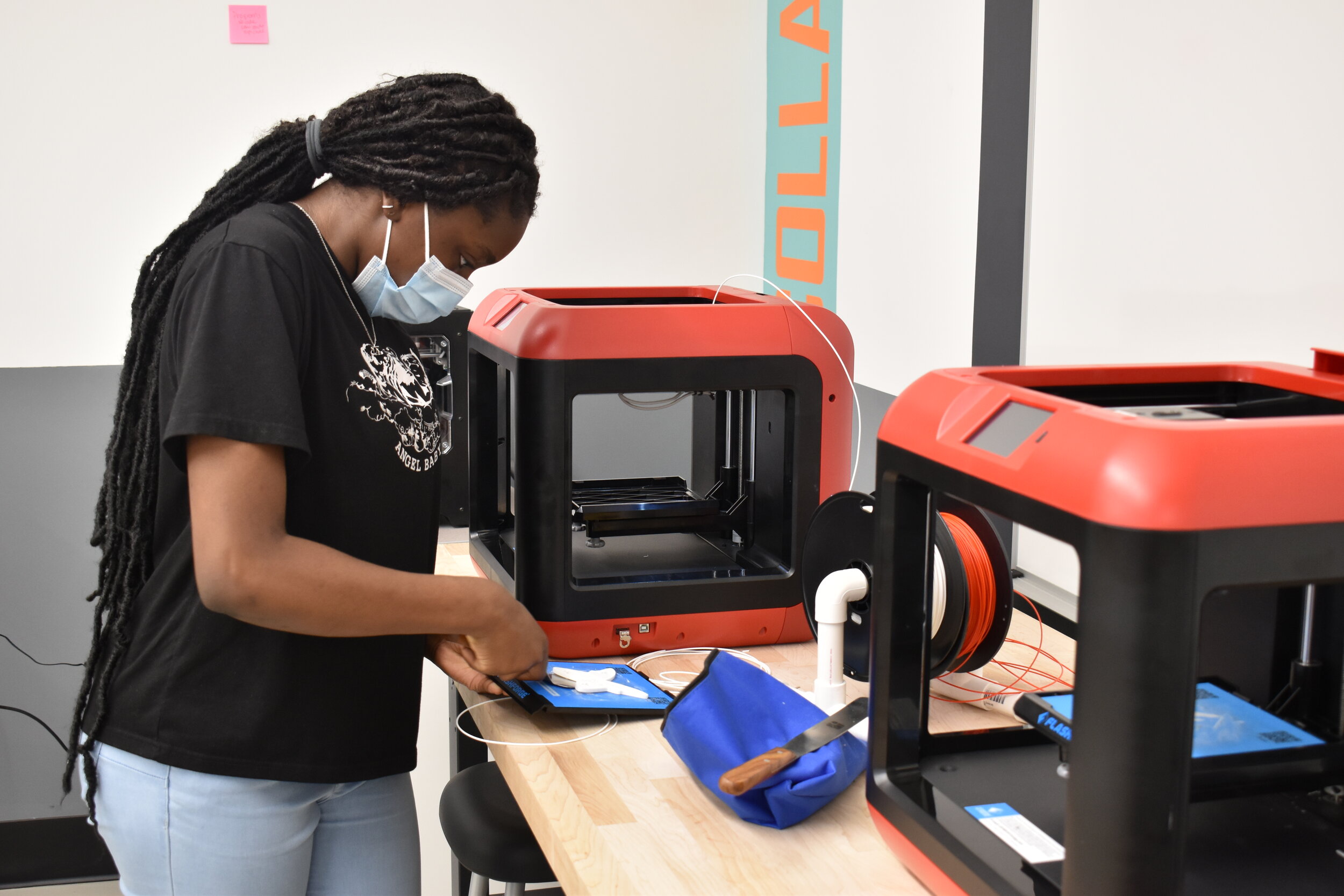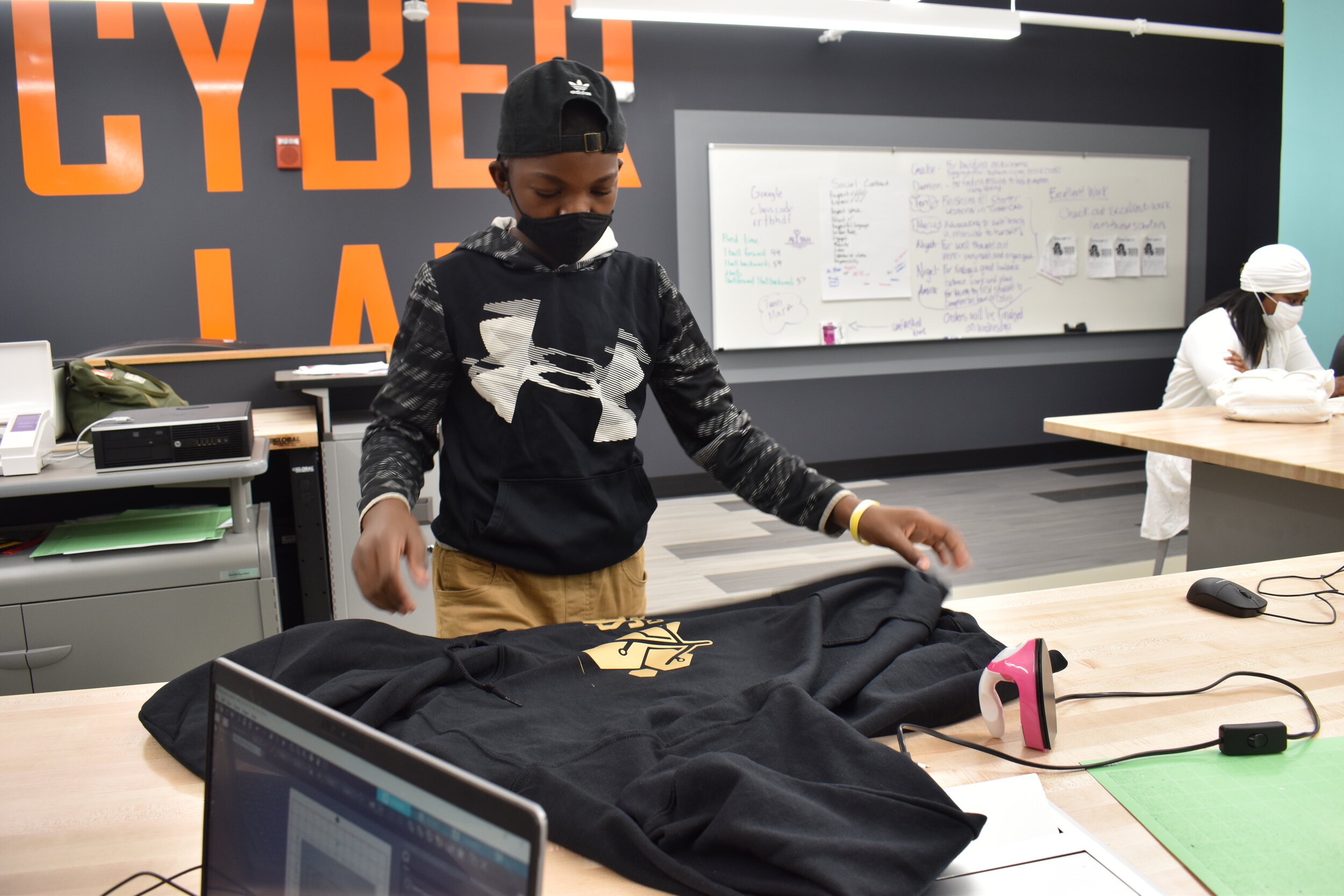In response to the loss of learning and in-person instructional time that resulted from the pandemic, summer schooling across the country has shifted from a remedial measure for a limited number of students to a summer experience designed to accelerate learning. This summer provided SEED schools the opportunity to reimagine what an engaging and fun summer program could look like and gave our school communities the chance to rebuild together and emerge stronger.
Research has shown the positive effects of strong summer programs. In fact, a study conducted by the Rand Corporation revealed short- and long-term benefits among students who consistently attended voluntary programming in the summer. Building on this notion, SEED schools designed an experience that would offer SEED scholars a range of activities including physical fitness, science, technology, engineering, arts, and math (STEAM), college and career readiness, and reading. “Our goal is to create as many touch points as possible with as many students as possible. By maintaining and building strong relationships, we can help get students in the right frame of mind”, shared Brian Rahaman, head of school at The SEED School of Washington, D.C. (SEED DC).
Some examples of programming offered this summer at SEED include a Fine Arts camp at The SEED School of Maryland (SEED MD). Titled “One Scene! One Song! One Set!”, students took part in an immersive experience and learned one scene, one song, and one set piece from the hit Broadway musical The Wiz. The camp concluded with a community performance. Students at SEED MD also participated in a Cyber Camp where they built Raspberry Pi, (a credit card sized computer that plugs into a monitor), planned and created 3D print projects, and learned about how drones are being integrated into local business. And at SEED DC, students and staff are participating in a SEED Reads program and are currently reading The Alchemist. Followed by a group book review and writing assignment which students will bring when attending orientation, this project challenges students to think critically and helps to improve their reading and writing skills.
Through summer programming, we can help students build on what they already know and remain engaged in learning. It can also help to decrease the widening achievement and opportunity gap between students growing up in low-income communities and their more affluent peers—a trend that has been intensified by the pandemic. However, we know that this is the first step to addressing learning loss. The U.S. Department of Education’s COVID-19 Handbook, which serves as a roadmap to safely opening schools while meeting all student’s needs, listed summer learning enrichment as well as high-quality tutoring and in-school acceleration as key measures to addressing learning loss. As we prepare to welcome students back to campus this fall, our team has been intensely focused on incorporating more instructional minutes in key subject areas. For example, SEED DC is adding a writing course to their curriculum this school year. They are also integrating a math lab in the evening for four days a week which will enable students to learn and practice math concepts with a tutor. “We’re committed to supporting students from an emotional, mental, and social standpoint and accelerating their learning as we recover from more than a year in a pandemic”, said Mr. Rahaman.
By focusing in on providing equitable and adequate educational opportunities—all year long—that address the impact of COVID-19 on students, educators, and staff, we can ensure our scholars are set up for future success.
To learn more about programming offered at SEED schools, click here.



